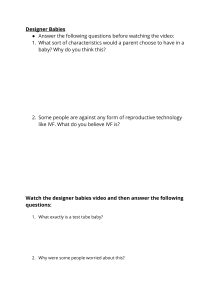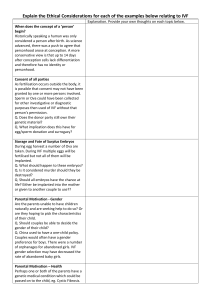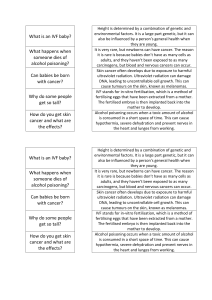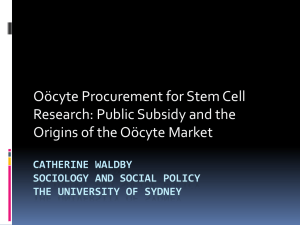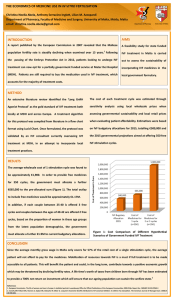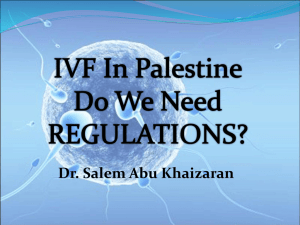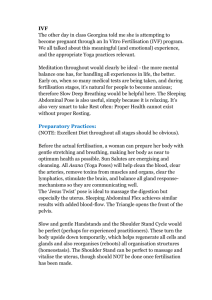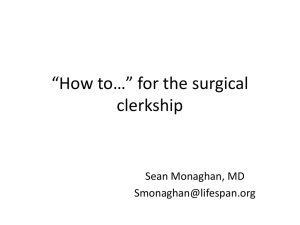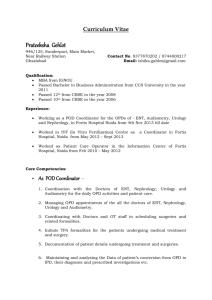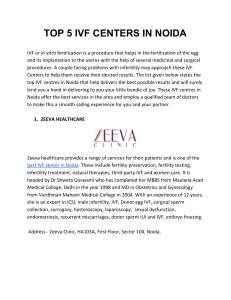Black cloud only ‘threeparent IVF’ can stop THE AUSTRALIAN
advertisement
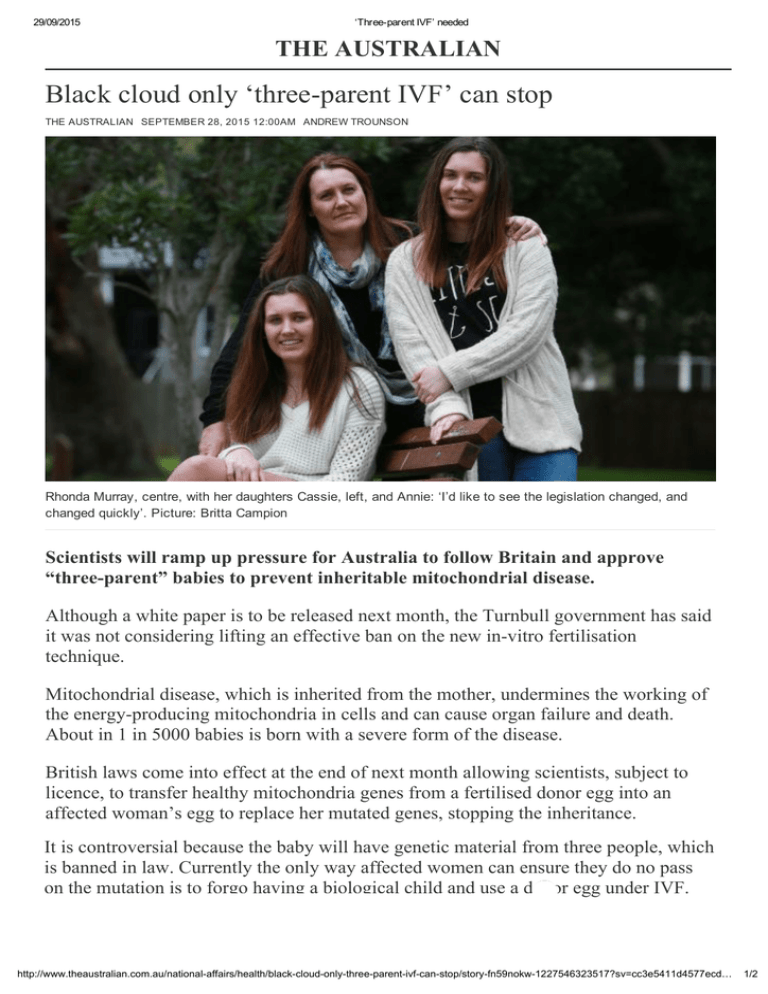
29/09/2015 ‘Three­parent IVF’ needed THE AUSTRALIAN Black cloud only ‘three­parent IVF’ can stop THE AUSTRALIAN SEPTEMBER 28, 2015 12:00AM ANDREW TROUNSON Rhonda Murray, centre, with her daughters Cassie, left, and Annie: ‘I’d like to see the legislation changed, and changed quickly’. Picture: Britta Campion Scientists will ramp up pressure for Australia to follow Britain and approve “three­parent” babies to prevent inheritable mitochon drial disease. Although a white paper is to be released next month, the Turnbull government has said it was not considering lifting an effective ban on the new in­vitro fertilisation technique. Mitochondrial disease, which is inherited from the mother, undermines the working of the energy­producing mitochondria in cells and can cause organ failure and death. About in 1 in 5000 babies is born with a severe form of the disease. British laws come into effect at the end of next month allowing scientists, subject to licence, to transfer healthy mitochondria genes from a fertilised donor egg into an affected woman’s egg to replace her mutated genes, stopping the inheritance. It is controversial because the baby will have genetic material from three people, which is banned in law. Currently the only way affected women can ensure they do no pass on the mutation is to forgo having a biological child and use a donor egg under IVF. About 1 in 200 people carry the mutation. http://www.theaustralian.com.au/national­affairs/health/black­cloud­only­three­parent­ivf­can­stop/story­fn59nokw­1227546323517?sv= cc3e5411d4577ecd… 1/2 29/09/2015 ‘Three­parent IVF’ needed A 2011 review of anti­human cloning laws considered the use of mitochondrial donation, then in the early stage of development, but left the legislation unchanged. “The government isn’t considering reviewing IVF to follow the changes made in Britain,” a health department spokeswoman said. However, John Carroll, head of biomedical sciences at Monash University, while held a symposium on the technique last week with the Australian Mitochondrial Disease Foundation, said a mature and open debate was needed. He said the science and safety had been rigorously assessed and approved in Britain. “The issues are really about making sure that it is introduced in a very controlled way and making sure that all safety precautions are made and that the ethical issues are managed,” he said. Mary Herbert, professor of reproductive biology at Britain’s Newcastle University, who has led much of the research on the technique, said claims it amounted to genetic modification were misleading. She said it produced a new combination of mitochondria genes — a process that happens anyway when any egg is fertilised. Advocates say the donated mitochondria genes amount to only 0.1 per cent of a person’s genetic make­up and are separate from nuclear genes, which pass on characteristics. However, the Reverend Kevin McGovern, director of the Caroline Chisholm Centre for Health Ethics and a member of the 2011 review, said the rights of the child should be paramount. He said more research was needed into the long­term effects on people born as a result of the procedure. “When you weigh up the benefits and the burdens, I’d argue that our society has an interest in saying we won’t go down this path,” he said. Approval can’t come fast enough for sufferer Rhonda Murray. Both her mother and brother died of the disease and she is desperate that her own daughters, Annie, 16, and Cassie, 14, get the chance to have their own biological children free of the risk of passing it on. “I’d like to see the legislation changed, and changed quickly,” Ms Murray said. “It means that big, black cloud will stop following us and hanging over our heads.” http://www.theaustralian.com.au/national­affairs/health/black­cloud­only­three­parent­ivf­can­stop/story­fn59nokw­1227546323517?sv= cc3e5411d4577ecd… 2/2
